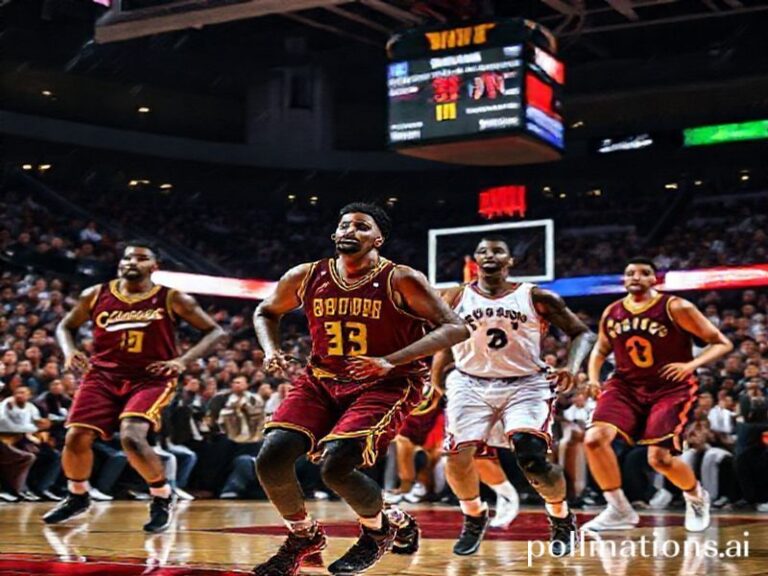Türkiye vs Bulgaria: The Internet’s Newest Geopolitical Drama Explained
# **Türkiye vs Bulgaria: The Internet’s Newest Geopolitical Drama**
Alright, folks, buckle up because the internet has found its newest obsession: **Türkiye vs Bulgaria**. No, it’s not a new sports rivalry or a cooking showdown—it’s a geopolitical and cultural clash that’s got the global internet buzzing. But why is this suddenly trending? Let’s dive in.
### **The Spark: A Diplomatic Dust-Up**
The drama kicked off when Turkish President Recep Tayyip Erdoğan made some *strong* remarks about Bulgaria, calling it a “lair of terrorists” and accusing it of harboring members of the Kurdistan Workers’ Party (PKK). Bulgaria, naturally, was not thrilled. The Bulgarian government fired back, calling the comments “unacceptable” and demanding an apology.
Now, this isn’t just a Twitter beef between two world leaders—it’s a full-blown diplomatic spat with real-world consequences. The internet, being the chaos-loving entity it is, has latched onto this like a cat to a laser pointer.
### **Why Is This Trending Globally?**
1. **The Drama Factor**: Let’s be real—internet culture thrives on drama. A heated exchange between two countries? That’s like catnip for online audiences. Memes, hot takes, and conspiracy theories have been flying faster than a Bulgarian diplomat can say, “Excuse me?”
2. **Cultural Clash**: Türkiye and Bulgaria have a long, complicated history. From Ottoman rule to modern-day tensions, there’s plenty of fodder for debate. The internet loves to dissect cultural nuances, and this rivalry is giving us a masterclass in geopolitical history.
3. **Social Media Amplification**: Thanks to platforms like Twitter, TikTok, and Reddit, news spreads like wildfire. Hashtags like #TürkiyeVsBulgaria and #DiplomaticDrama have been trending, with users sharing everything from historical context to memes about the situation.
4. **The “Us vs. Them” Mentality**: The internet loves a good “us vs. them” narrative. Whether it’s sports, politics, or cultural differences, people love to pick sides. This rivalry is no exception, with users passionately defending their countries’ stances.
### **The Social Impact**
This isn’t just about memes and hot takes—there are real-world implications. Diplomatic tensions can affect trade, tourism, and even security. For example, Bulgaria is a key transit route for goods and people moving between Europe and Asia. If tensions escalate, it could disrupt supply chains and travel.
Moreover, the rhetoric from both sides has sparked debates about nationalism, terrorism, and human rights. The internet, being a melting pot of opinions, has become a battleground for these discussions.
### **What Makes This Significant?**
This isn’t just another trending topic—it’s a microcosm of larger geopolitical tensions. The internet’s fascination with this rivalry highlights how global issues are increasingly shaped by digital discourse. What starts as a diplomatic spat can quickly become a viral sensation, influencing public opinion and even policy decisions.
### **Conclusion**
So, why is Türkiye vs Bulgaria trending globally? Because the internet loves drama, history, and a good old-fashioned cultural clash. It’s a reminder that in the age of social media, even geopolitical tensions can become a viral sensation. Whether you’re team Türkiye, team Bulgaria, or just here for the memes, one thing’s for sure: this rivalry isn’t going away anytime soon.
Stay tuned, folks. The internet’s geopolitical drama is just getting started.







